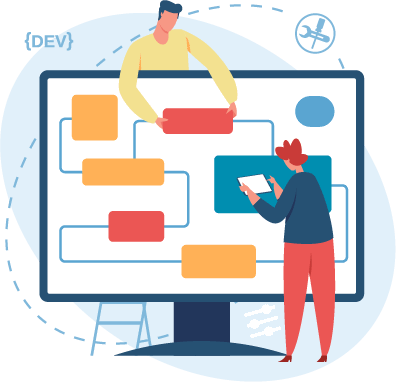Functional programming is a programming paradigm that has gained popularity recently due to its numerous benefits in software development. It is based on treating operations as evaluations of mathematical functions and emphasizes using pure functions, avoiding side effects and changes to shared state. In this article, we will explore how functional programming principles can be applied in software projects, the advantages it brings, and some key techniques for effective implementation.
Functional programming is a software development approach based on the functional paradigm of mathematics. Unlike imperative programming, which focuses on achieving a result step by step, functional programming focuses on what result is to be obtained, treating operations as evaluations of mathematical functions.
In functional programming, functions are fundamental and are considered first-class citizens, meaning they can be assigned to variables, passed as arguments to other functions, and returned as results. Furthermore, functions in functional programming tend to be pure functions, which means they have no side effects, and their result depends solely on their arguments without affecting or being affected by external state.
To apply the principles of functional programming in software projects is essential to consider some key concepts:
Functional programming offers several advantages that make it an attractive choice for many software projects:
Applying functional programming principles in software projects requires a conscious and practical approach. Below are some strategies to incorporate this paradigm into your code:
Functional programming is a powerful tool that can enhance code quality and maintainability in software projects. By applying the principles of functional programming, such as using pure functions, immutability, and higher-order functions, we can create cleaner, more readable, and modular code.
While functional programming may require a mindset shift and adopting new practices, the long-term benefits make the effort worthwhile. By choosing the correct language, prioritizing pure functions, and intelligently using techniques like recursion and closures, we can leverage the full power of functional programming and build more efficient, scalable, and reliable software. Functional programming is not a silver bullet, but it is undoubtedly a valuable tool that should be in the toolkit of any quality-conscious developer.


We are a company that drives digital transformation with software solutions, mobile applications, AI, automation and customized IT services.
CONTACT USCopyright © 2013- Alpes Solutions LLC. All Rights Reserved